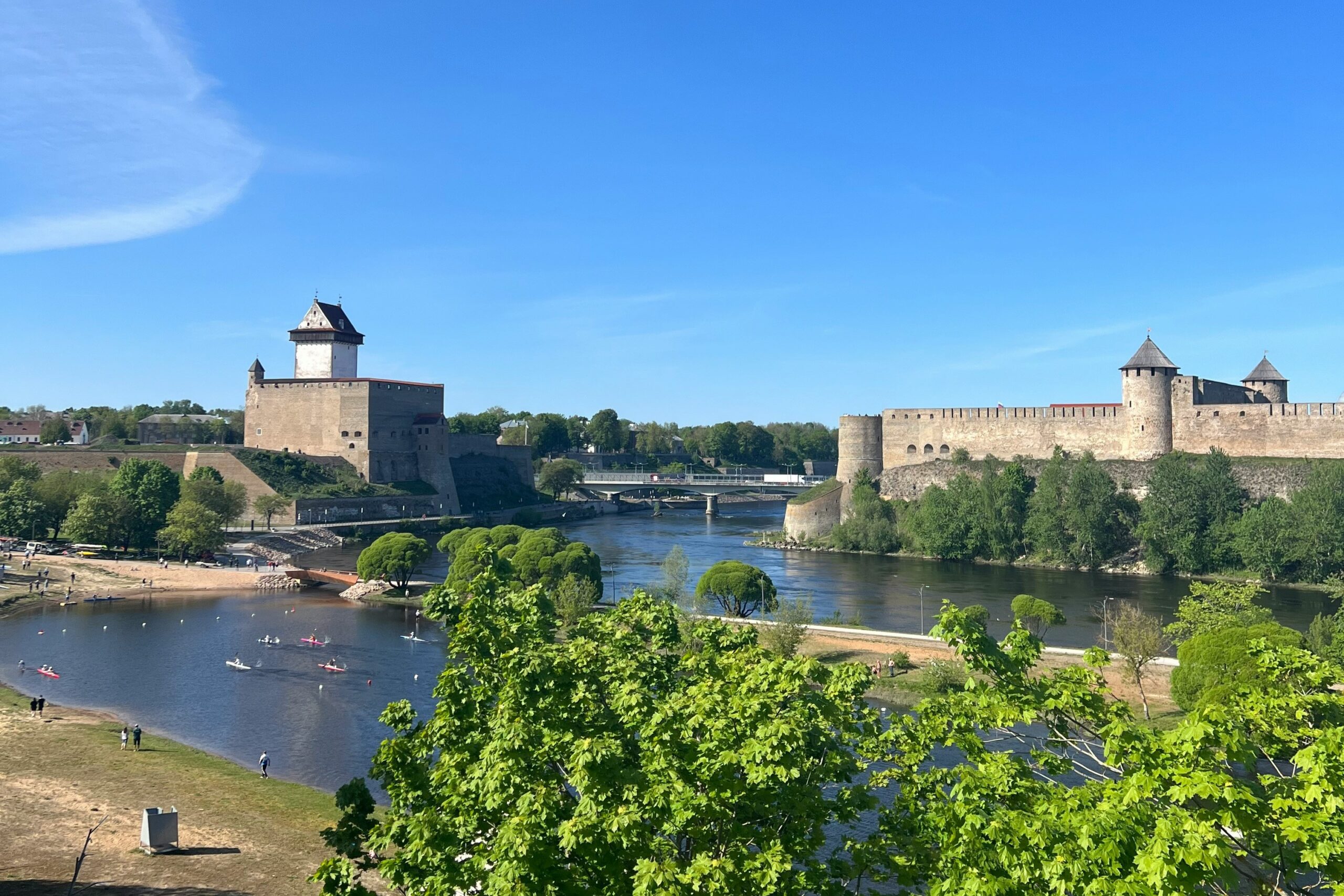
Main narratives:
- Anti-government sentiments;
- Oversecuritizing the Russian-speaking region in Estonia;
- Discrimination and censorship in Estonia.
Overview:
Last week, the Estonian government’s decision to hold a ministerial meeting in Narva, a city on the border with Russia, was met with significant criticism and exploited for propaganda purposes by pro-Kremlin commentators on social media. Several significant decisions reflecting the country’s strategic focus on national security and energy resilience were announced during the ministerial meeting in Narva. The government confirmed plans to establish a permanent military base in Narva, which will house approximately 250 soldiers. Another key decision was the establishment of a regional command and training centre for the European Border and Coast Guard Agency (Frontex) in Narva-Jõesuu. This news prompted some critical comments, with pro-Kremlin social media users accusing the government of oversecuring the region and therefore unnecessarily escalating tensions with Russia, rather than increasing social welfare in Estonia.
The government also discussed plans to enhance the country’s energy security, including the construction of a gas power plant in Narva to provide the city with heating solutions, and the exploration of nuclear energy potential, including the identification of possible sites for a nuclear power plant in the region. Propagandistic comments portrayed the government’s decisions as unrealistic substitutes or displacement activities.
Another court hearing was held last week in the case of Aivo Peterson, who stands accused of treason. The prosecution requested a 17-year prison sentence, while the defendant appeared in court holding an Orthodox icon, clearly intending to evoke the image of a ‘martyr’. This hearing attracted attention in pro-Kremlin Facebook and Telegram groups. However, due to the prolonged legal process, it appears that social media users’ interest in Peterson’s case is gradually waning. Nevertheless, his supporters continue to comment that ‘Peterson suffered for the truth’, ‘there is no freedom of speech in Estonia’, and the trial is ‘politically motivated’. The spread of such narratives is clearly intended to undermine trust in Estonia’s democratic institutions. Additionally, there is ongoing speculation on social media about whether Peterson will stand in the municipal elections in autumn 2025 – something that would inevitably cast him as a ‘political martyr’.









